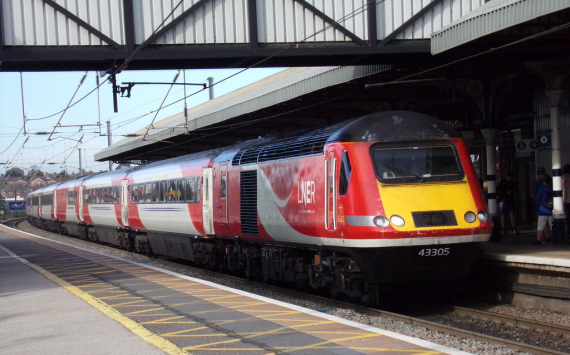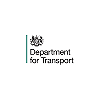
All Aboard the Price Hike Express
The recent changes in intercity train fares between London and Edinburgh have sparked concerns among travelers and experts alike. Despite the intention to simplify ticketing, the implementation seems to have led to significantly higher prices for many passengers.
Previously, travelers could benefit from "super off-peak" fares, ensuring affordable tickets throughout the week. However, the introduction of the "simpler fares" initiative by LNER has resulted in these cheaper options being replaced by more expensive anytime fares. This shift has left passengers facing fares more than twice as expensive as before, with some journeys costing up to £193 each way.
Furthermore, even alternative options like fixed advance tickets or semi-flexible "70min flex" tickets don't always offer the same affordability as the previous super off-peak fares. This change, currently being trialed between London and Newcastle, Berwick, and Edinburgh, has raised concerns about the accessibility of train travel, especially for those who need to make last-minute or flexible plans.
Mark Smith, an expert in rail travel, has criticized the initiative, suggesting that it may eliminate affordable walk-up travel on the route altogether. Neil Middleton from Railfuture also condemned the removal of super off-peak tickets, highlighting the financial burden it places on travelers.
Despite backlash from passengers and campaigners, LNER defends the changes, claiming that the majority of customers purchasing advance tickets are paying less than the old super off-peak fare. They argue that the new fares will better align with demand and reduce overcrowding on trains.
However, critics argue that the simplification of fares has led to increased costs for passengers, making train travel less accessible and affordable. The Department for Transport maintains that these changes are part of a broader effort to simplify ticketing but acknowledges concerns raised by passengers.
In summary, while the aim of simplifying fares is noble, the current implementation has resulted in significantly higher costs for many passengers, sparking criticism and calls for reconsideration from experts and campaigners alike.






